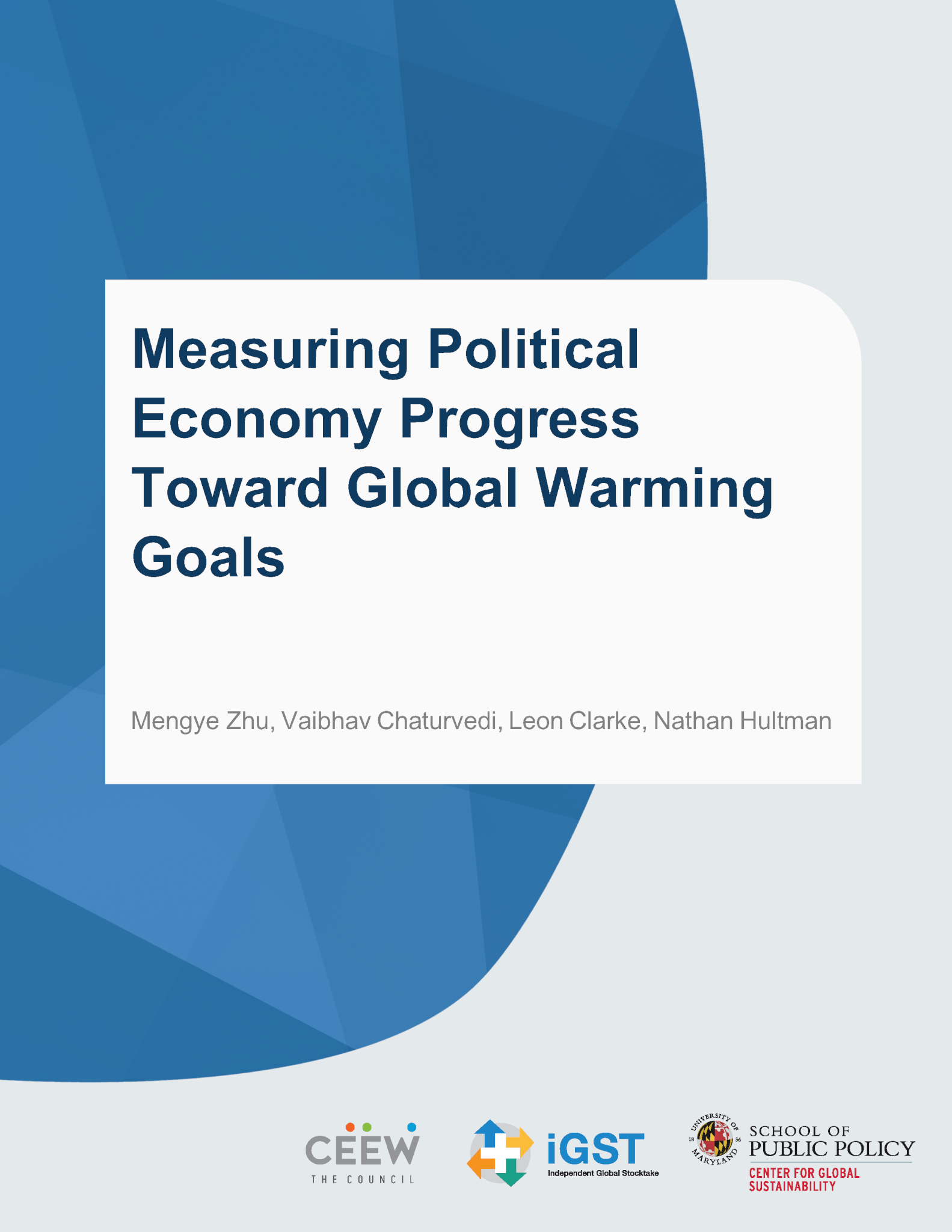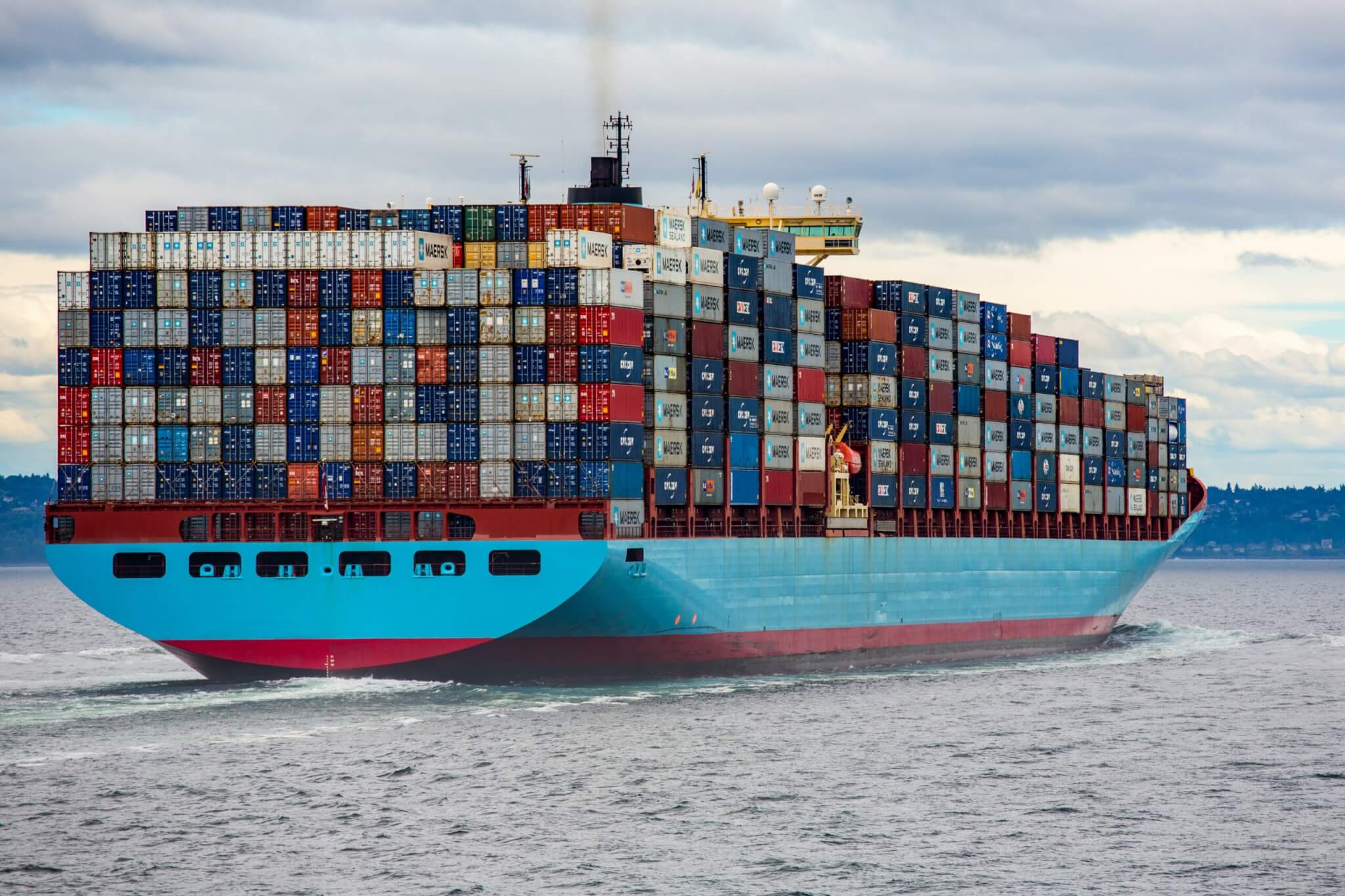Measuring Political Economy Progress toward Global Warming Goals
The Global Stocktake (GST) is an essential feature of the Paris Agreement’s built-in process to ratchet up climate ambition over time. Every five years, the GST takes stock of progress toward the Paris Agreement’s three long-term goals, one of which is to keep global temperature rise to well below 2° C.
The research community produces a wide range of techno-economic indicators that mark progress toward this mitigation goal. These factors – such as levels of pollution, technology deployment and energy use – provide a strong physical and economic assessment of progress, but alone are not sufficient.
Measuring social and institutional factors, such as political economy, is also key if the Stocktake is to accurately gauge progress on climate mitigation. Dimensions such as a country’s climate policy track record, or public opinion regarding global warming, for example, are critical factors to consider in the GST.
This new paper by the Mitigation Working Group of the independent Global Stocktake (iGST), “Measuring Political Economy Progress toward Global Warming Goals,” identifies a set of key political economy indicators and evaluates the measurability of these indicators. In doing so, this work sheds light on the political economy aspects of the mitigation process and helps set a research agenda to better incorporate social and institutional factors into the process of climate stocktaking.
Download this report to learn more about how understanding political economy can support a robust Stocktake.







